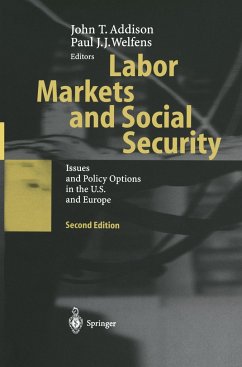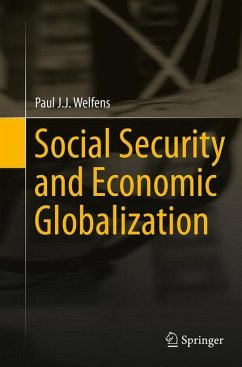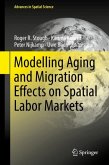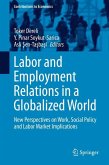John T. Addison and Paul J. J. Welfens Because inflation seems moribund in OECD countries, stubborn unemployment became the top policy priority of the 1990s. Unemployment has increased in many countries, reaching critical levels for unskilled and young workers in most continental EU countries. Europe's employment performance has continued to lag that in North America. The U. S. in particular achieved a remarkable combination of low inflation and full employment in the late 1990s, at a time when the EU suf fered from record unemployment rates, even if inflation was remarkably low. Since the 1980s, the consensus view among economists is that structural unem ployment plays a much more important role than cyc1ical unemployment in Europe, but that labour costs (wage costs plus nonwage costs) are also part of Europe's labour market problem. Most EU countries rely on a pay-as-you-go pub lic pension system. Contribution rates gradually increased in the 1980s and 1990s, when the share of young workers in overall employment was dec1ining and life expectancy increasing. Rising nonwage costs from the pension system are but one important feature of labour markets in Europe. Given the remarkable dynamics of labour markets, new entry into the labour force, labour turnover, and changes in employment characteristics, one has to also search for other factors behind sus tained unemployment. High unemployment is critical for EU countries, where one can point to rela tively few positive developments after 1975. The U. K.








